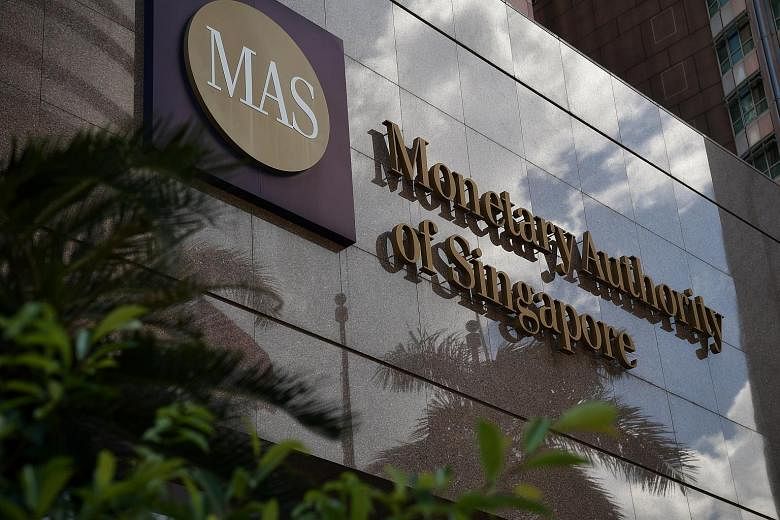SINGAPORE - Sovereign debt has spiked globally, sparking concerns that it may be unsustainable.
Deficits have widened this year due to unprecedented fiscal stimulus to cushion the impact of Covid-19 and falling tax revenues, said the Monetary Authority of Singapore (MAS).
"Together with the economic contraction caused by Covid-19, sovereign debt as a percentage of Gross Domestic Product rose and could continue to do so should further fiscal support be deemed necessary," it said in its Financial Stability Review released on Tuesday (Dec 1).
According to the joint International Monetary Fund-World Bank Debt Sustainability Framework, the pandemic has had a negative effect on low-income countries' solvency and liquidity. More than 50 percent of them are now assessed to be at in debt distress or at a high risk of it.
Loose credit and asset purchase programmes by central banks since the onset of the pandemic have brought down the cost of borrowing. But while the situation does not appear dire in advanced economies and the Asean-4 - Indonesia, Malaysia, the Philippines and Thailand - the MAS said that rising sovereign debt as a percentage of GDP raises the risk of a loss of investor confidence, which in turn puts pressure on debt refinancing.
Governments issuing large numbers of securities to fund the Covid-19 response will also have become more interconnected with banks, it noted.
For example, banks in the eurozone periphery have increased their holdings of sovereign debt. The MAS added that higher bank exposure raises the likelihood of spillovers to the banking system through two main channels: "First, a repricing of government securities could lead to significant mark-to-market losses for banks, with knock-on effects to capital positions. Second, a decline in sovereign credit ratings could impact banks' own credit ratings, increasing bank funding costs, which could curtail their willingness and ability to provide credit."
The MAS also observed that capital flows to emerging market economies remain volatile. Geopolitical risks and the resulting policy uncertainty, too, may adversely impact investor confidence.
The regulator said that while progress in vaccine development could bolster economic prospects in the latter half of 2021, much depends on their effectiveness and deployment.
In the past few weeks, news of promising interim results for three vaccine candidates has come thick and fast, sending stock markets soaring.
But financial stability risks will remain elevated in the medium term, said the MAS, and policymakers need to tread a careful balance between supporting economic recovery and managing risks to financial stability.
"These downside risks need to be adequately recognised, especially given the present disconnect between market valuations and the real economy," it said.
Earlier this year, the IMF warned that soaring equity valuations point to stronger prospects of recovery than actual activity in the pandemic-hit real economy suggests.
"Policymakers will need to work with industry to strengthen the resilience of the financial system, including by facilitating changes to market structure that address the vulnerabilities revealed by the crisis," said the MAS.


